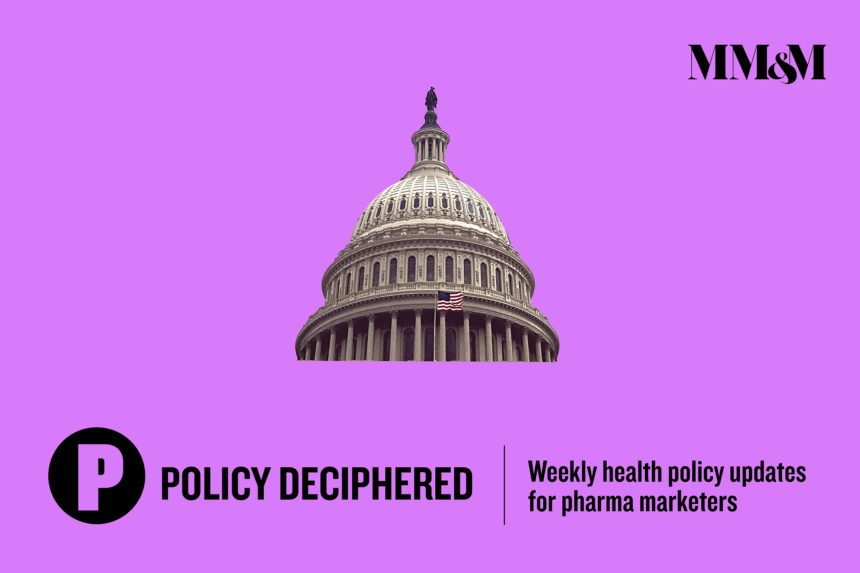Despite Washington’s best efforts, spending on healthcare won’t stop growing.
A study from the Centers for Medicare and Medicaid Services details how spending grew across private insurance, government programs, drug prices and consumer out-of-pocket payments in 2018.
Perhaps the most relevant takeaway is the growth in drug prices. The CMS report found drug prices grew 2.8% in 2018 to $335 billion. That annual growth rate was higher than 2017, when drug price spending only increased by 1.4%. Legislators are working to rein in that spending with an array of drug price bills, but none have become law.
Spending across private insurance, Medicare and Medicaid all grew in 2018. Medicare spending grew the most, by 6.4% to $750 billion. Private insurance was next, growing by 5.8% to $1.2 trillion. It also made up the largest portion of total healthcare spending at 34%. Medicaid spending jumped 3% to $597 billion.
Hospital spending also increased in 2018, reaching $1.2 trillion. This area accounted for 33% of total healthcare spending. In recent months, President Donald Trump ordered hospitals to disclose more prices, including those they negotiate with insurers. That order is facing court challenges.
Overall, healthcare spending reached $3.6 trillion in 2018.
For some extra fun, we dug into CMS data on healthcare spending that dates back to 1960.
- 1995 was the first year total healthcare spending topped $1 trillion.
- In 1960, the first year of this dataset, total spending was just $27 billion. That’s equal to roughly $229 billion in 2018 dollars.
- In the past decade (2008-2018), the amount spent on prescription drugs has increased $96 billion.
- In that same time frame, out-of-pocket spending on drugs has been slowly dropping, from $50 billion in 2008 to $47 billion in 2018. The year with the highest out-of-pocket drug spending was 2007, when it reached $52.5 billion.
When you’re searching for something to talk about at your upcoming holiday party, try pulling out these fun* numbers.
*We, however, cannot guarantee a fun healthcare spending conversation.







